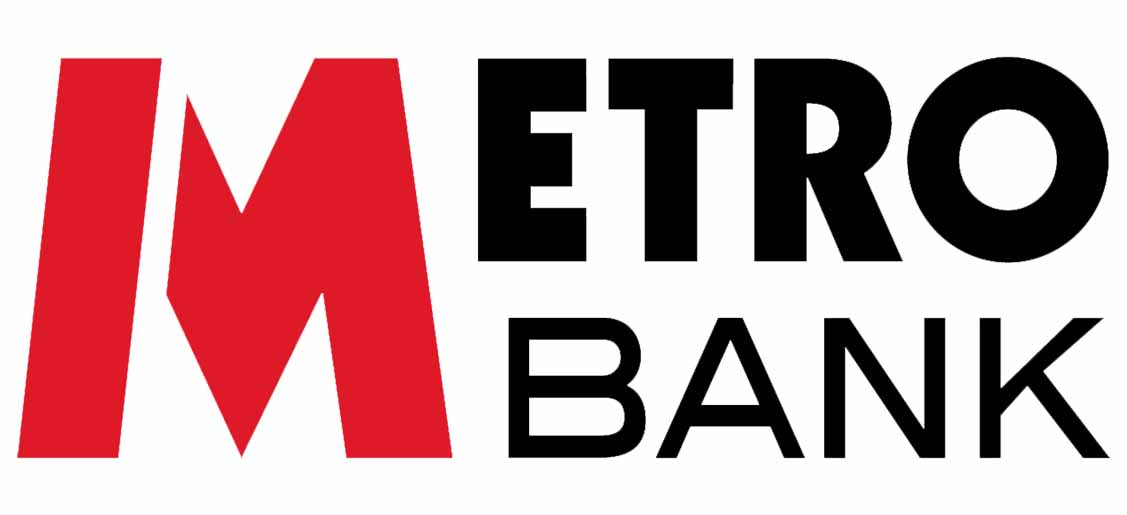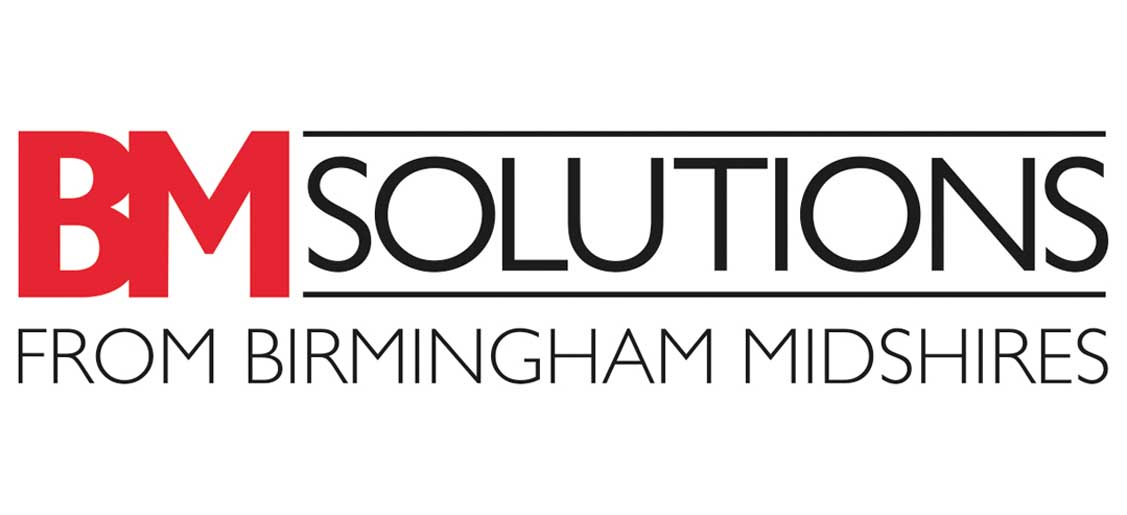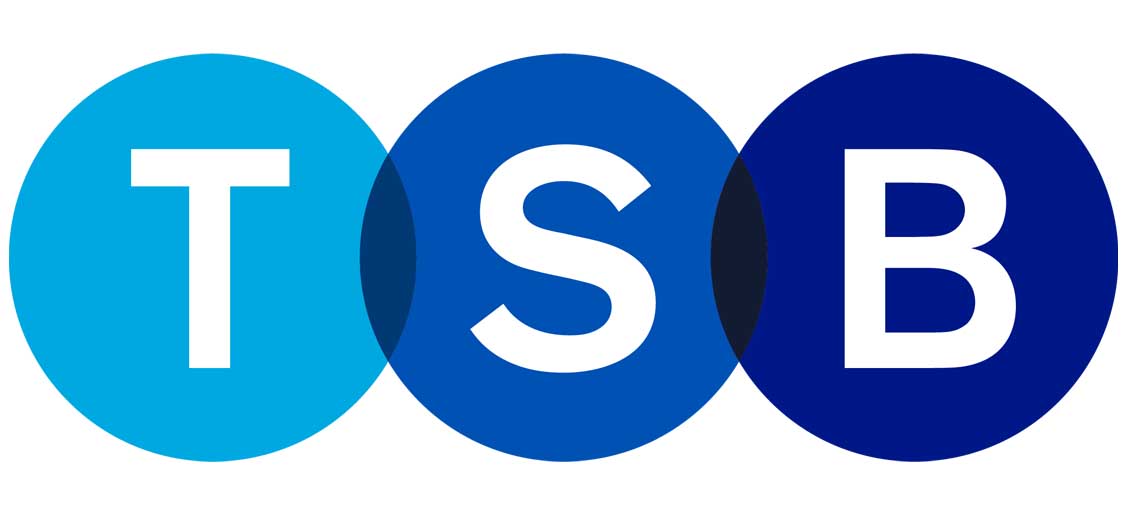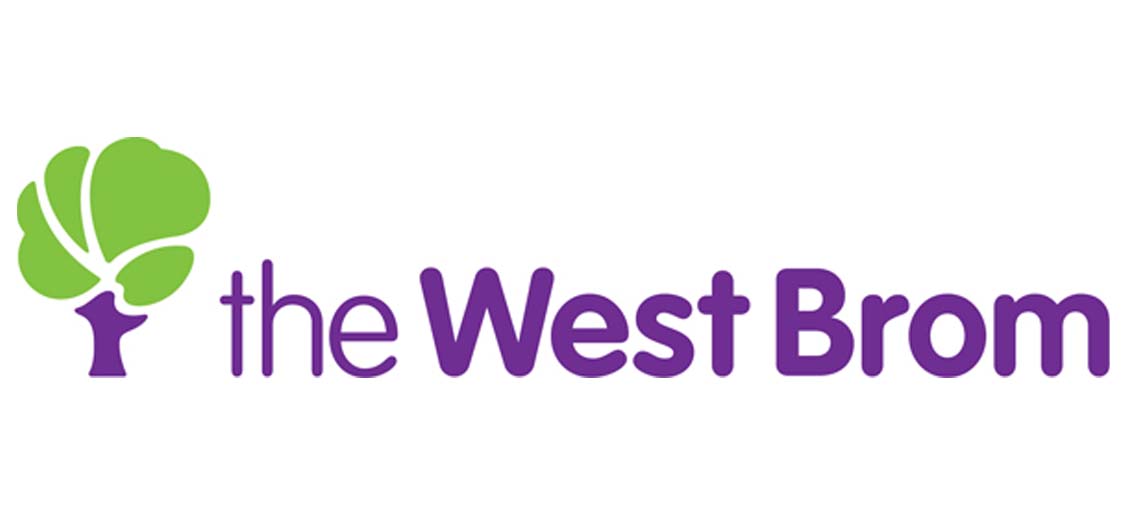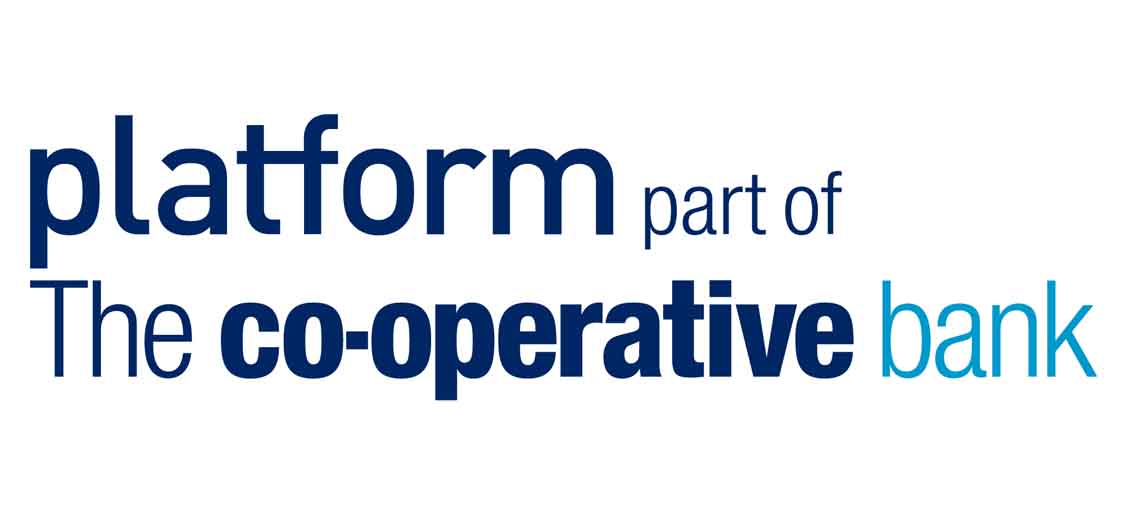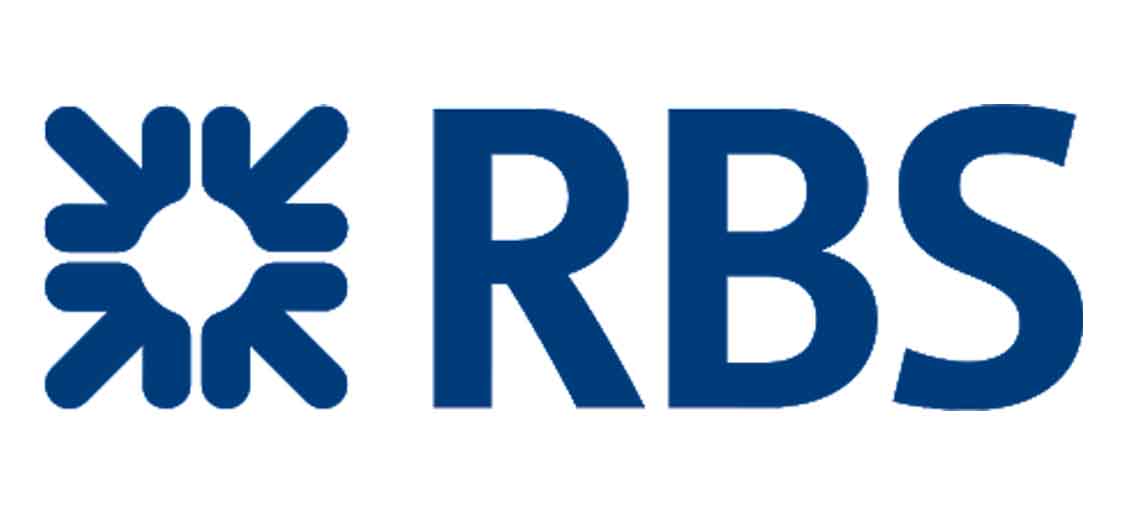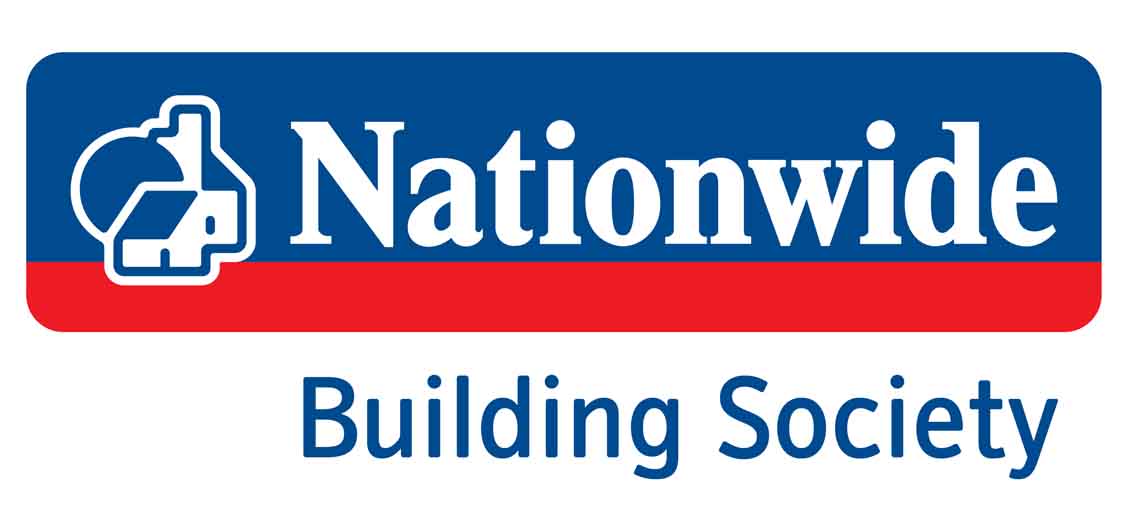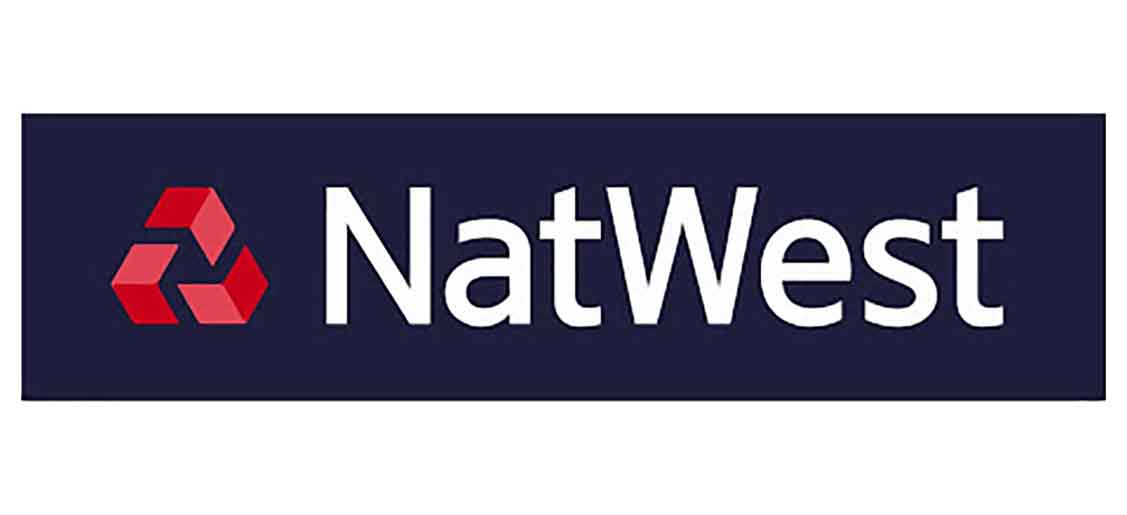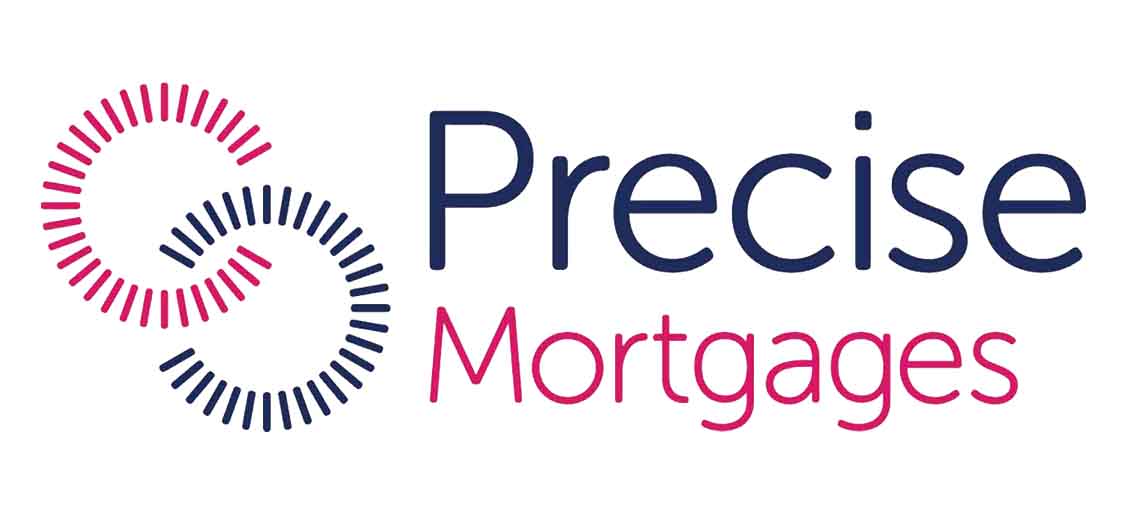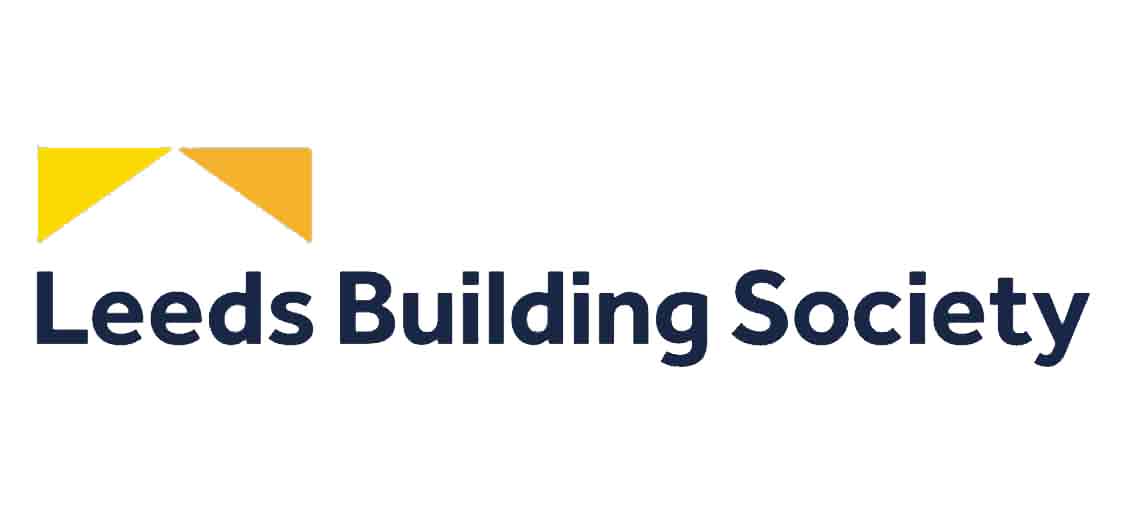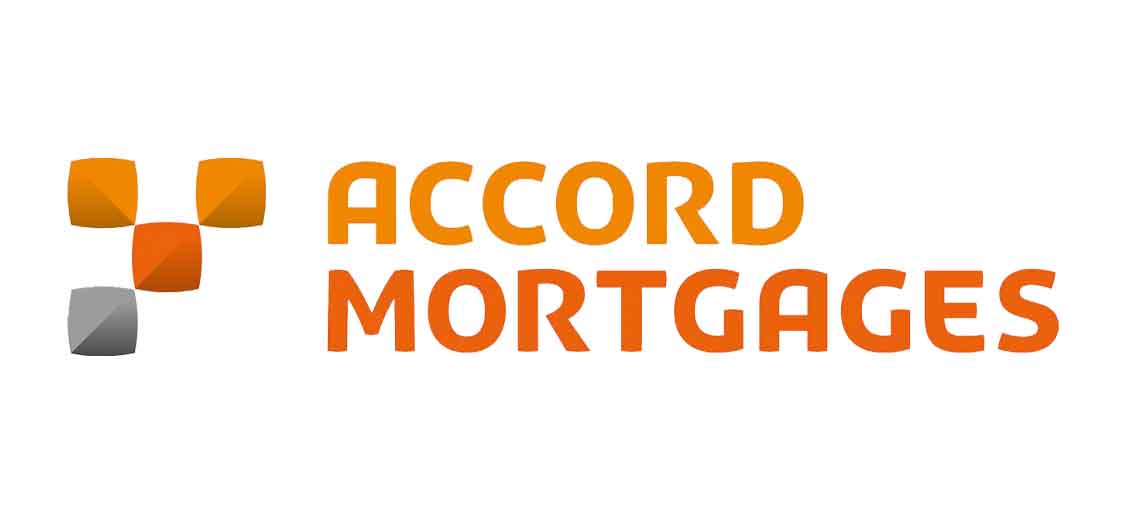Self employed first time buyer
Taking the First Step: A Guide for Self-Employed First-Time Buyers
The dream of homeownership burns bright for many, and self-employed individuals are no exception. While navigating the mortgage market as a first-time buyer can feel daunting, it’s absolutely achievable. This comprehensive guide empowers self-employed first-timers to confidently embark on their property journey.
What is a First-Time Buyer (FTB) for Self-Employed?
A self-employed FTB is someone purchasing their first-ever property and relies on income generated from self-employment (sole trader, contractor, or director) as their primary source of income. This income may take different forms compared to a traditional salary, but it doesn’t disqualify you from becoming a homeowner.
Can You Be a First-Time Buyer if You’re Self-Employed?
Absolutely! Lenders recognise the valuable contribution of self-employed individuals to the economy. Several mortgage products cater specifically to self-employed FTBs, with some lenders even offering competitive rates.
How to Become a First-Time Buyer if You’re Self-Employed
Here’s a breakdown of the key steps to becoming a self-employed FTB:
Financial Preparation:
- Get Your Finances in Order: Gather at least two years of your Self-Assessment tax returns, recent tax calculations, and bank statements demonstrating consistent income and business expenses.
- Build a Deposit: Saving a substantial deposit (ideally 10% of the property value) strengthens your application. Consider government schemes like the Lifetime ISA (restrictions apply) for additional support.
- Improve Your Credit Score: A good credit score demonstrates responsible financial management and increases your chances of securing a favourable mortgage deal.
Understanding the Mortgage Market:
- Research Different Mortgage Types: Fixed-rate mortgages offer stability, while tracker mortgages track the Bank of England base rate. Explore options with a mortgage broker to find the most suitable for your needs.
- Know the Lingo: Familiarise yourself with terms like Loan-to-Value (LTV) ratio (percentage of the property value you borrow), affordability checks, and arrangement fees.
Seek Expert Guidance:
Mortgage Broker: An experienced mortgage broker can be your biggest asset. They understand the complexities of self-employed mortgages and can guide you towards lenders with the most favourable terms.
Solicitor: A solicitor ensures the legal aspects of your property purchase are handled smoothly.
Is it Difficult to Get a First-Time Buyer Mortgage if Self-Employed?
While it may require more preparation compared to employed applicants, becoming a self-employed FTB is achievable. Here are some factors that can influence the difficulty:
Trading History: Lenders prefer a track record of consistent income stability. Ideally, you should be self-employed for at least two years with demonstrably stable earnings.
Profitability: Your net profit after business expenses plays a crucial role. Showing strong profitability strengthens your application.
Deposit Size: A larger deposit reduces the lender’s risk and improves your chances of securing a mortgage.
Mortgage Brokers Help Self-Employed First-Time Buyers
Mortgage brokers are invaluable resources for self-employed FTBs. Here’s how they can help:
Understanding Your Needs: They assess your financial situation, risk tolerance, and goals to recommend the most suitable mortgage products.
Smoothing the Application Process: Brokers help gather required documents and present your financial picture in the most favourable light to lenders.
Negotiating Power: They leverage their relationships with lenders to negotiate lower interest rates and potentially waive fees, saving you money.
Simplifying the Process: Brokers manage communication with lenders, relieving you of the hassle of paperwork and keeping you informed throughout the process.
Top 3 Tips for Self-Employed First-Time Buyers
1. Plan and Be Prepared: Start saving your deposit and improving your credit score well in advance. Gather all necessary documents to streamline the application process.
2. Show Consistent Income: Present your tax returns in a way that demonstrates consistent and stable income over a minimum period (usually two years). Highlight future growth potential if applicable.
3. Work with a Mortgage Broker: Their expertise navigates the complexities of self-employed mortgages, saving you time, money, and ensuring you secure the most possible deal.
We understand that buying your first home is a significant milestone, and we believe in making this journey as smooth and enjoyable as possible.
Here’s a breakdown of the benefits of buying your first home:
Building Equity
Every mortgage payment you make contributes to increasing your ownership stake in the property. This equity can be a valuable asset in the future, whether you decide to sell or refinance.
Stability and Control
Owning your home provides a sense of stability and control over your living space. You can customise and renovate to your liking, and you won’t have to worry about rent increases or lease renewals.
Fixed Housing Costs
With a fixed-rate mortgage, your monthly payments stay the same, providing stability and predictability in your budget.
Making Your Self-Employed First-Time Buyer Mortgage Journey Smooth
Step-by-step guide to the house buying process for a first-time buyer video:https://www.youtube.com/watch?v=gtmovFUd_lI
Why use a mortgage broker video: https://www.youtube.com/watch?v=tB-NIdhpjiI





